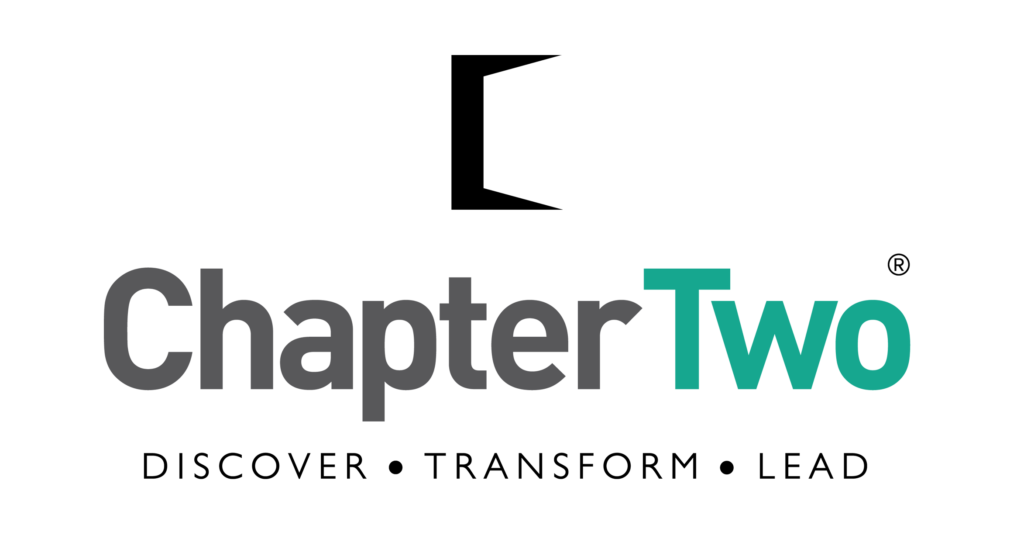Part two of Blog – Why you need to sign up with a coach in 2016
This is part 2 of the blog post we ran last week on how to leverage the power of coaching to create changes in your life in 2016.
Once you’ve set the direction and the strategy for self-improvement, the next step is making the best use of your coach. Here are my recommendations:
1. Be vulnerable: One of the preconditions of change is to put all your cards on the table. Be willing to talk about everything. Be willing to take feedback, to be open to new avenues of thought and growth. Growth does not come from a place of invincibility. It comes from a place of vulnerability, of having the courage to find out who you really are and what you want. If you want your coach to do their best, you’ll need to tell them everything and risk looking stupid or imperfect.
2. Be curious and ask lots of questions: One of the big mistakes people make when they employ a coach is they go with a set idea of the way forward. They have a goal in mind and they want the coach to either align to their goal or pull a rabbit out of a hat. This doesn’t work. The idea of going to a coach is to explore new avenues. For this, you need to forget about what you have in your mind and ask questions. Don’t assume anything. Clear all doubts. Ask every question, even the stupid ones.
3. Keep your goals in mind: While the strategy to achieve your goals is flexible, the goals themselves need to be clear. A coach cannot decide your goals for you. It is up to you to fix your goal posts and communicate them to your coach. This empowers your coach to give you feedback that will help realize the goals. All coaching works on the premise of helping people find the inner resources to fulfill their goals. The more aware you and your coach are about your goals, the more streamlined the coaching function will be and the more successful the partnership is likely to be.
So the way to use a coach is to be completely honest, open-minded and focused.
A fuzzy or dishonest approach will lead to a less than optimal coaching experience. On the other hand, the right approach to coaching can unlock new avenues of growth.
If you would like to get coached, you can get your company’s Learning and Development organization to pay for it. They might, if you build a good case. But if they don’t, it’s a worthy investment to make. The value you get in terms of clarity and confidence far surpasses the cost.
So if you’ve been struggling to find your goals or align to them for a while now, I recommend coaching. Think of it not as an expense but as an investment because unlike training programs, coaching is not about tools, it’s about a changed mindset. And sometimes that’s the kind of fundamental change we need in our lives in order to move forward with confidence.
About the Author:
Sandhya Reddy is a leadership & transformation coach based in Bangalore, India. She is the Founder and Principal Coach at Chapter Two Coaching, a coaching consultancy that enables everyone from CEOs to work-from-home parents to achieve their goals by replacing self-imposed limitations with enabling stories.
Many of us in our thirties experience a disquieting realization: what brought us to middle-management may not take us to senior-management. This is true. To chart a new career path, one needs to think and do things differently. This is where Sandhya can help. She is a coach. Life coaching, executive coaching, business coaching, personality development, leadership coaching… they are all part of her forte. Her Executive coaching programs helps tomorrow’s leaders set new goals, make new plans to achieve those goals, get that elusive promotion through a blend of knowledge, action and image-building, enhance influence among the leadership team, be more productive, get more out of one’s team, and be known in the company as an indispensable performer and future leader.
Follow Sandhya Reddy on Twitter @sandhyareddy
